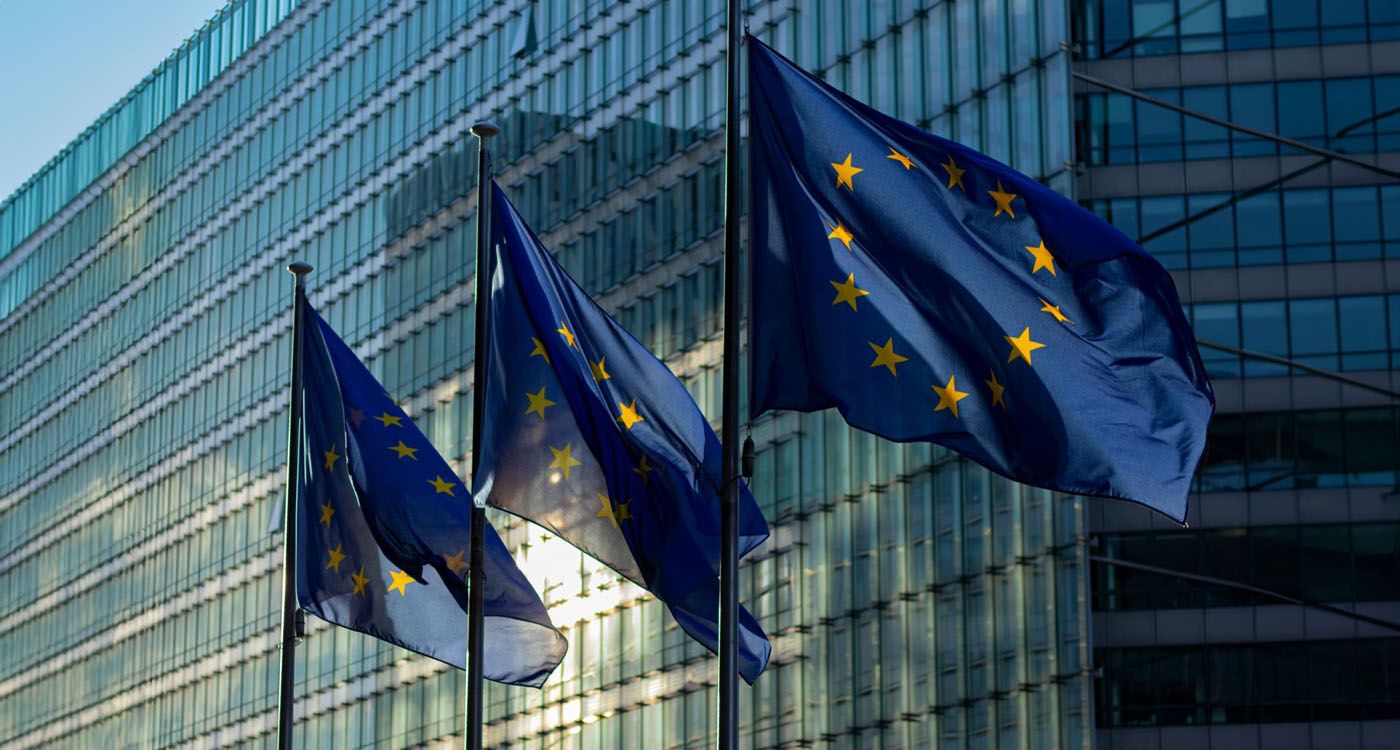- Home
- Middle East
- Europe’s Election Sunday Marked by Tension

©Pexels
Sunday, May 18 saw three significant referendums held across the European Union – in Romania, Poland and Portugal. In each case, pro-European candidates came out on top, prevailing over a far right that continues to gain ground across the continent. At a time when Europe is navigating the turbulence of war in Ukraine and increasingly strained ties with the United States, the results suggest a renewed pro-European momentum taking hold across the continent.
Romania: Europe Prevails Over the Far Right
The election laid bare two opposing visions for Romania. On one side stood Nicușor Dan, representing a pro-European stance– supportive of aid to Ukraine and committed to the institutions of the EU and NATO. On the other, George Simion offered a more critical view of the EU, denouncing its policies as “absurd,” opposing military support for Ukraine, and calling for neutrality in the war with Russia.
The vote had initially been scheduled for December 2024, but a ruling by the Constitutional Court changed the timeline. The court accused far-right candidate Călin Georgescu of having benefited from a Russian-backed disinformation campaign. As a result, the first round of the election was annulled and postponed to May 2025.
A few months later, Georgescu was formally charged with making false statements about his campaign financing, which disqualified him from the upcoming elections. In response, he endorsed fellow far-right candidate George Simion.
The first round was dominated by a decisive win for Simion, who captured over 40% of the vote – largely thanks to support from Georgescu. His opponent, Bucharest’s pro-European mayor Nicușor Dan, received roughly half that percentage. However, a significant increase in voter turnout helped Dan secure victory in the runoff.
A strong Trump supporter, Simion initially dismissed the election results, proclaiming himself the “new president of Romania” and accusing the vote of fraud. He later congratulated his opponent but vowed to “keep fighting.”
Dan’s victory marks a decisive rejection of nationalist rhetoric and underscores Romanians’ commitment to future European initiatives – especially significant in a region still experiencing a rise in far-right influence.
Poland: A Victory with Unclear Fallout
In Poland’s presidential race, the first round ended with a narrow victory for Warsaw Mayor Rafał Trzaskowski, a member of the Civic Platform party led by current Prime Minister Donald Tusk.
Trzaskowski secured 31% of the vote, narrowly ahead of Karol Nawrocki, an ultraconservative, nationalist and anti-European candidate from the Law and Justice party (PiS). Far-right contender Sławomir Mentzen came in third, buoyed by strong turnout among young voters. Another far-right candidate finished fourth.
Although Trzaskowski led the first round, the outcome of the June 1 runoff remains uncertain. Many analysts believe Nawrocki, a Trump supporter, could consolidate the votes of the two far-right candidates eliminated in the first round; if so, Trzaskowski’s narrow lead may not hold.
This election is crucial for Poland’s – and Europe’s – future, set against the backdrop of the war in Ukraine and ongoing tensions with Washington. Building on Prime Minister Tusk’s policies, Trzaskowski advocates for a stronger, more independent Europe and envisions Poland playing a major role within the EU going forward.
In contrast, the PiS takes a more cautious approach to Europe. Rooted in identity politics, its campaign has focused on opposition to the influx of Ukrainian refugees, while still backing military support for Ukraine. Relations between PiS and the EU remain tense: during the party’s time in power from 2015 to 2023, Poland faced several sanctions from Brussels over rule-of-law violations, costing the country billions of euros in funding.
Portugal: Luis Monténégro Emerges Victorious, Yet Remains in Deadlock
In Portugal, early legislative elections were called after Prime Minister Luís Montenegro lost the confidence of Parliament in March 2025 amid a conflict of interest.
The May 18 vote saw Montenegro’s party emerge victorious, securing his position as Prime Minister. While the party improved its performance compared to the 2024 elections, its gains remain short of the absolute majority needed for political stability.
The elections also saw a breakthrough for the far-right party Chega (“Enough”), which surpassed the 20% threshold for the first time in its history, putting it on par with the Socialist Party (PS).
While this marks a major victory for the far right, it deals a severe blow to the PS, which lost 20 seats compared to the previous elections. Following the outcome, the party’s secretary-general, Pedro Nuno Santos, announced his resignation.
Some observers see this as a historic setback for the Portuguese left. With overseas votes still to be tallied, Chega is expected to overtake the Socialist Party in parliamentary seats in the coming days.
Despite winning the election, the incumbent government faces a political deadlock: lacking an absolute majority, it cannot push through legislation. Luís Montenegro is therefore forced to seek alliances, either with the Socialist Party – whose positions are far from his own – or with the far-right Chega party, which he has consistently refused to partner with in government.
Read more



Comments